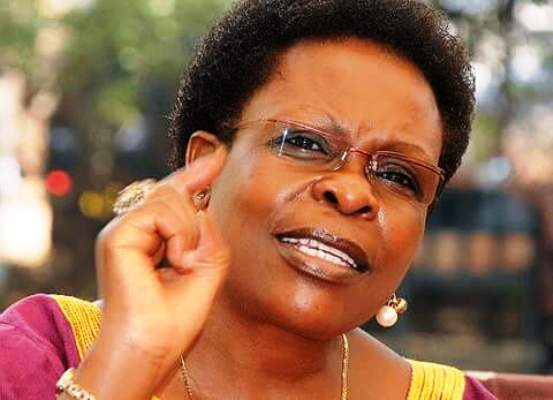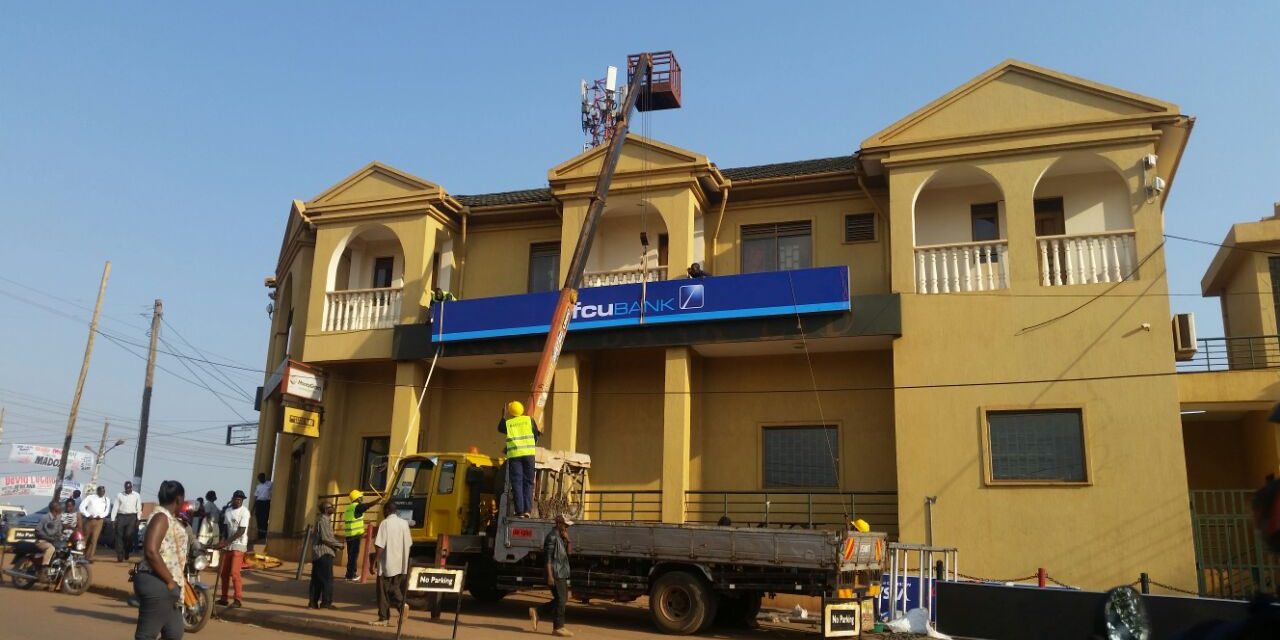Leaders representing Persons with Disabilities (PWDs) have urged the Electoral Commission (EC) to increase on its sensitization efforts if the ongoing exercise for identification and mapping of Persons with Disabilities (PWDs) on the National Voters Register is to be a success.
On Monday, November 4, 2024, the Electoral Commission commenced the nationwide exercise for identification and mapping of Persons with Disabilities (PWDs) on the National Voters Register in preparation for the 2025/2026 General Elections.
The exercise runs up to Wednesday, November 13, 2024.
The EC is mandated under the Constitution of the Republic of Uganda, 1995 (as amended) and the Electoral Commission Act, to take measures to ensure that the entire electoral process is as inclusive as possible, and conducted under conditions of freedom and fairness to, among others, enable Persons with Disabilities (PWDs) to vote without any hindrance.
However, days into the exercise, a section of PWDs say although they have seen information “making rounds on WhatsApp groups that they are part of”, they are yet to update their register.
Lawrence Kitimbo, the Founder of Amputee Football in Uganda, says that “this information should be everywhere so that everyone is able to access the information.”
Unlike before, he says that “the adverts are very limited.”
“I have not yet updated mine. PWDs have special needs. We need some special attention sometimes. They (EC) have our details. They can even just call and we go and update our details,” said Kitimbo, pledging to encourage his members to embrace the exercise and update their details.
According to Kitimbo, PWDs are being told the information was shared in WhatsApp groups.
However, he argues that “not everyone owns a smartphone.”
“We need thorough sensitization on this matter as well as awareness creation,” he says.
Muzafaru Jaggwe, the Founder of Blind Soccer Uganda, shares a similar view.
“I saw some thing going round in WhatsApp groups but personally I have not been able to participate in that exercise,” said Jaggwe.
He urges EC to make the information more accessible by the targeted group.
According to Jaggwe, “Persons with Visual impairment have the kind of posters they consume, not just any poster.”
He also says “not everyone can buy a standard phone.”
He says has “not yet heard anything” on the ground about the ongoing exercise.
“They (EC) need to create awareness and have the PWDs access the information,” added Jaggwe.
In 2014, the number of individuals with disabilities in the country was estimated at 6.4 million.
However, the 2024 national demographic and population survey results recently released by UBOS shows a significant drop, indicating only 3 million people with disabilities in 2024.
Categories of PWDs
Justice Byabakama Mugenyi Simon, the Electoral Commission Chairperson, says during the exercise, the Commission will compile the lists of PWDs identified by the Village Local Councils (LC1) under the disability categories below: Physical disability caused by cerebral palsy, amputation of a limb, paralysis or deformity; Hearing disability including deafness and hard of hearing disability; Visual disability including blindness and low vision disability; Deaf and blind disability; Mental disability, including psychiatric disability; Little people; Albinism; and, Multiple disability.
According to the EC, the purpose of the mapping and verification exercise, therefore, will be to: Identify PWDs, nature of disability, literacy level, and whether they are registered voters; allow Persons with Disabilities (PWDs) who may have applied for registration with the National Identification and Registration Authority (NIRA) and desire to vote, to ascertain whether their names have been included in the National Voters Register; Provide an opportunity for scrutiny of the PWD Voters roll in each village/cell to identify particulars of persons who may be ineligible (with no recognized form of disability) from appearing on the Register, the dead, and those persons who might have left the area, among other reasons; Raise awareness and encourage participation of PWDs in cleaning of the PWD voters Register at village level in preparation for the General Update of the National Voters Register; Identify all PWDs in their respective villages for purposes of compiling the PWDs’ Registers in preparation for the General Update of the National Voters Register; and, Identify peculiar issues that hinder the full participation of PWDs in electoral activities.
The procedure for identification, verification, and mapping exercise
Byabakama says the village-level identification of PWDs exercise shall be carried out by the Electoral Commission (EC) Parish Supervisor (Verification Officer), who shall work with the respective Local Council 1 (LC 1) Chairperson to convene meetings at village level within the Parish/Ward.
He adds that the EC Parish/Ward Supervisor shall guide the identification and verification of PWDs on the Voters Register during the Village Council meeting, which shall be chaired by the respective Local Council I (LCI) Chairperson.
“The Parish/Ward Supervisor will conduct a roll-call of the members on the PWDs Village Voters Register provided by the Commission, before all present, for identification, verification, and confirmation,” Byabakama says, adding: “The Supervisor will further identify and capture particulars of PWD voters missing on the Register and note for deletion all ineligible voters on the PWD Register.”
During the meeting, EC says, any complaints arising from the inclusion of particulars on the PWD Voters Register shall be received and documented for action by the Commission.
According to EC, where a person is identified as a PWD but is not registered on the National Voters Register, he/she shall be guided to first register as a citizen of Uganda during the ongoing registration by NIRA, so as to qualify for registration as a voter.
Outputs of the identification, verification, and mapping exercise
EC says the above exercise is expected to result in the following: Identification and verification of PWD voters in every village/cell across the country; Avail the Commission with a credible PWD Register thus facilitating the participation of PWDs in the elections as required by the law; Enable the Commission to possess disaggregated data on disability per category per village/parish which is essential in planning for electoral activities; Enable the Commission to develop inclusive voter education materials in a more accessible format for different categories of disability; and, Enable the Commission to ensure that polling stations are located at convenient sites for persons with a physical disability.
“Identifying PWDs right from the village level is important for compiling registers needed for elections involving members of the Special Interest Groups (SIGs). The Commission, therefore, urges all stakeholders to take note of the period for the exercise and to participate in the identification, verification, and mapping of Persons with Disabilities (PWDs) to polling stations following the guidelines issued for the exercise,” Byabakama says.





